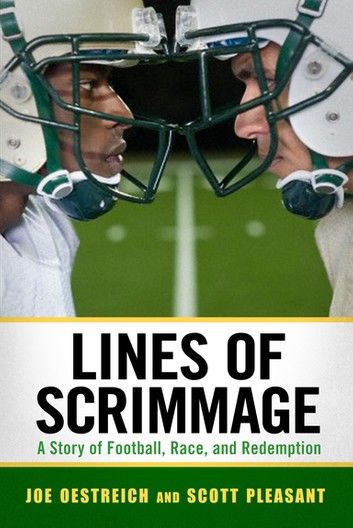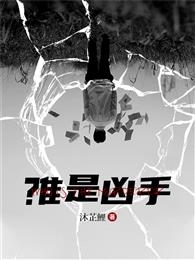| FindBook |
有 1 項符合
Lines of Scrimmage的圖書 |
 |
Lines of Scrimmage 作者:Joe Oestreich,Scott Pleasant 出版社:University Press of Mississippi 出版日期:2015-08-14 語言:英文 |
| 圖書館借閱 |
| 國家圖書館 | 全國圖書書目資訊網 | 國立公共資訊圖書館 | 電子書服務平台 | MetaCat 跨館整合查詢 |
| 臺北市立圖書館 | 新北市立圖書館 | 基隆市公共圖書館 | 桃園市立圖書館 | 新竹縣公共圖書館 |
| 苗栗縣立圖書館 | 臺中市立圖書館 | 彰化縣公共圖書館 | 南投縣文化局 | 雲林縣公共圖書館 |
| 嘉義縣圖書館 | 臺南市立圖書館 | 高雄市立圖書館 | 屏東縣公共圖書館 | 宜蘭縣公共圖書館 |
| 花蓮縣文化局 | 臺東縣文化處 |
|
|
As in many small towns in the South, folks in Conway, South Carolina, fill the stands on fall Fridays to cheer on their local high school football squad. In 1989--with returning starter Carlos Hunt at quarterback and having finished with an 8-4 record in 1988--hopes were high that the beloved Tigers would win their first state championship. But during spring practice, Coach Chuck Jordan (who is white) benched Hunt (who is black) in favor of Mickey Wilson, an inexperienced white player. Seeing this demotion of the black quarterback as an example of the racism prevalent in football generally and in Conway specifically, thirty-one of the team's thirty-seven black players--under the guidance of H. H. Singleton, pastor of Cherry Hill Missionary Baptist Church and president of the local NAACP--boycotted the team in protest.
The season-long strike severed the town along racial lines, as it became clear that the incident was about much more than football. It was about the legacy of slavery and segregation and Jim Crow and other points of tension and oppression that many people in Conway--and the South--had wrongly assumed were settled.
While the 1989 season is long over, the story reverberates today. Chuck Jordan is still coaching at Conway High, and he's still without that state championship. Meanwhile, Mickey Wilson is now coaching Conway's fiercest rival, the Myrtle Beach Seahawks. In the annual Victory Bell Game between Conway and Myrtle Beach, the biggest contest of the year for both teams, a veteran coach and his young protégé compete against each other--against the backdrop of a racial conflict that bitterly divided a small southern town.
|











